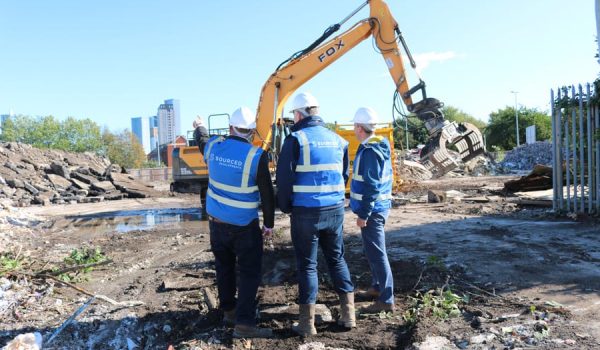Where do you see your property business in 10, 20, 30 years’ time?
When planning your any long term business goals, you should have a plan for each decade, and where you want to be by the time you expect to retire – this is also known as an exit strategy.
In fact, you should be seriously considering this exit strategy, even if you’re just starting up your property business. Why? Well, because when it comes to getting rid of your property portfolio, there is tax to pay – Inheritance Tax and Capital Gains Tax being the two main ones to look out for.
Common ways to ‘exit’ your property business
1. Sell your buy to let property portfolio
This means you’ll no longer receive a monthly rental income – but do it before you retire, by which time you’ll hopefully have had them for decades. You should receive quite a bit of money in terms of capital growth – especially if you bought in an area before it was regenerated or gentrified.
Pros:
- House values have been rising for decades so you’re bound to have capital growth;
- It gives you time to pay off your mortgages;
- It’s been paying you an income for years.
Cons:
- You’ll need to have had your property for a long time to really benefit from capital growth;
- It can be hard work being a hands-on landlord;
- You’ll have to pay capital gains tax on the sold properties.
2. Sell half your portfolio
If you sell some of your properties to pay the majority of the debt on the others, then you’ll have a regular income. If you’ve had those properties for a long time, then capital growth means you might have to sell fewer properties than you think.
Pros:
- You don’t have to worry about interest rates since your existing mortgages will be so low anyway;
- You’ll still have property to pass on to your children as their inheritance;
- You can put some of money from the sale into stocks and shares.
Cons:
- You’ll miss out on capital growth from the properties you’ve sold;
- There will be capital gains tax to pay on the half of your portfolio that you’ve sold.
3. Keep all your properties
You could, of course, continue to deal in property even after you’ve retired. That way, you would still receive monthly income rather than a big lump sum by selling up.
Pros:
- You won’t have to pay any capital gains tax;
- You’ll have a good inheritance to pass on to your kids.
Cons:
- You don’t benefit directly from the pile of money you’ve amassed over your lifetime;
- Your offspring will still have pay inheritance tax.
The above – which are all for buy to let properties – are probably the most popular exit strategies at the moment. We say ‘at the moment’ because who knows what will happen with interest rates and the property market itself in years to come? And that’s something to bear in mind about an exit strategy – it’s a good idea to update it every now and again. And, of course, that’s another thing to think about – no-one knows what’s in front of us. It may be that you need to retire early (one of the reasons why it’s good to make an exit plan for every passing decade).



